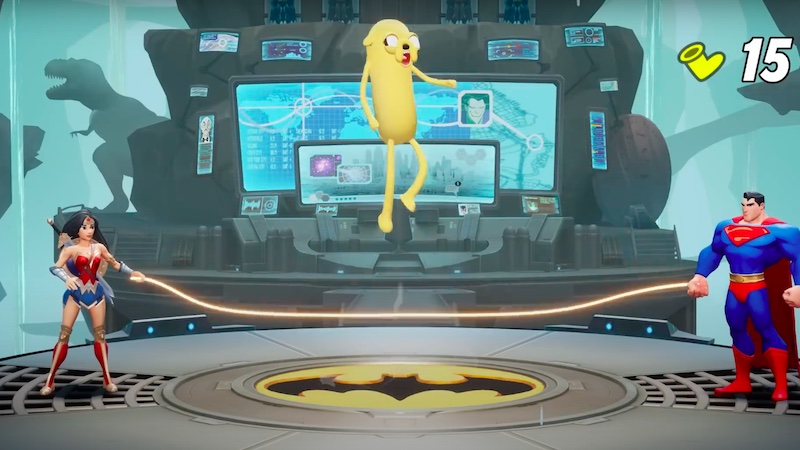
UFC settled a pair of antitrust lawsuits in March with plans to pay $335 million over the next year, but the settlement appears to have had no impact on the way the promotion plans to do business moving forward.
On Wednesday, during a quarterly financial call with TKO Group Holdings — the merged company combining the UFC and WWE — both TKO CEO Ari Emanuel and chief financial officer Andrew Schleimer issued prepared statements discussing the end of the antitrust lawsuits, along with details about payments and its impact on operations.
“We’re pleased to have this matter resolved without introducing any further changes to UFC’s existing business operations,” Schleimer said during the call. “The long-form settlement agreement is expected to be filed shortly with the court for approval.”
Emanuel echoed that statement with one of his own that read almost verbatim to Schleimer’s, regarding the end of the antitrust lawsuits.
“We settled all claims in the UFC antitrust lawsuits, bringing that matter to a close, without introducing any further changes to our existing business operations,” Emanuel said in a prepared statement.
Based on those statements specifically pointing out that the settlement agreement was resolved without any further changes to the UFC’s existing business operation, it appears the only hit to the promotion was the financial penalty paid out to the fighters filing the lawsuits.
There were two separate lawsuits filed, with the first in 2014 alleging the UFC engaged “in a scheme to acquire and maintain monopsony power in the market for elite professional MMA fighter services.” The fighters claimed UFC achieved that goal through three key elements: Exclusive contracts, coercion, and acquisitions that eliminated potential competitors.
The plaintiffs in the case originally sought damages between $894 million and $1.6 billion.
A major part of the initial lawsuit, which eventually led to class certification from the courts, was UFC’s alleged use of long-term, exclusive contracts, which kept fighters locked up in deals with the promotion and prevented them from exploring options with other organizations.
While the full settlement agreement is yet to be revealed, the statement from TKO Group Holdings clearly states that outside of the financial payment, there are no other changes coming to the way UFC operates.
As far as the payment goes, Schleimer also revealed that the full $335 million was accounted for on the first quarter results for 2024, which is why the company reported a net loss of $249.5 million. The actual payments will be doled out in three installments over the next year.
The settlement is also expected to be tax deductible for TKO.
“As previously disclosed, the aggregate settlement is $335 million,” Schleimer explained. “We recorded a charge for the full amount in the first quarter, which will be paid in three installments — $100 million this quarter, $100 million in [the fourth quarter], and the final $135 million in the second quarter of 2025.
“The settlement is anticipated to be deductible for tax purposes as and when paid. As a result, we expect our tax distributions to members as required under our up-fee structure to be meaningfully reduced, as such we won’t realize an adverse dollar-for-dollar impact to cash on hand.”
The courts still have to sign off on the settlement agreement, but with both parties already agreeing to the terms, it seems unlikely that the deal gets rejected.
That ultimately brings to an end a decade-long battle between the fighters and UFC as both antitrust lawsuits are now closed.


















You must be logged in to post a comment Login